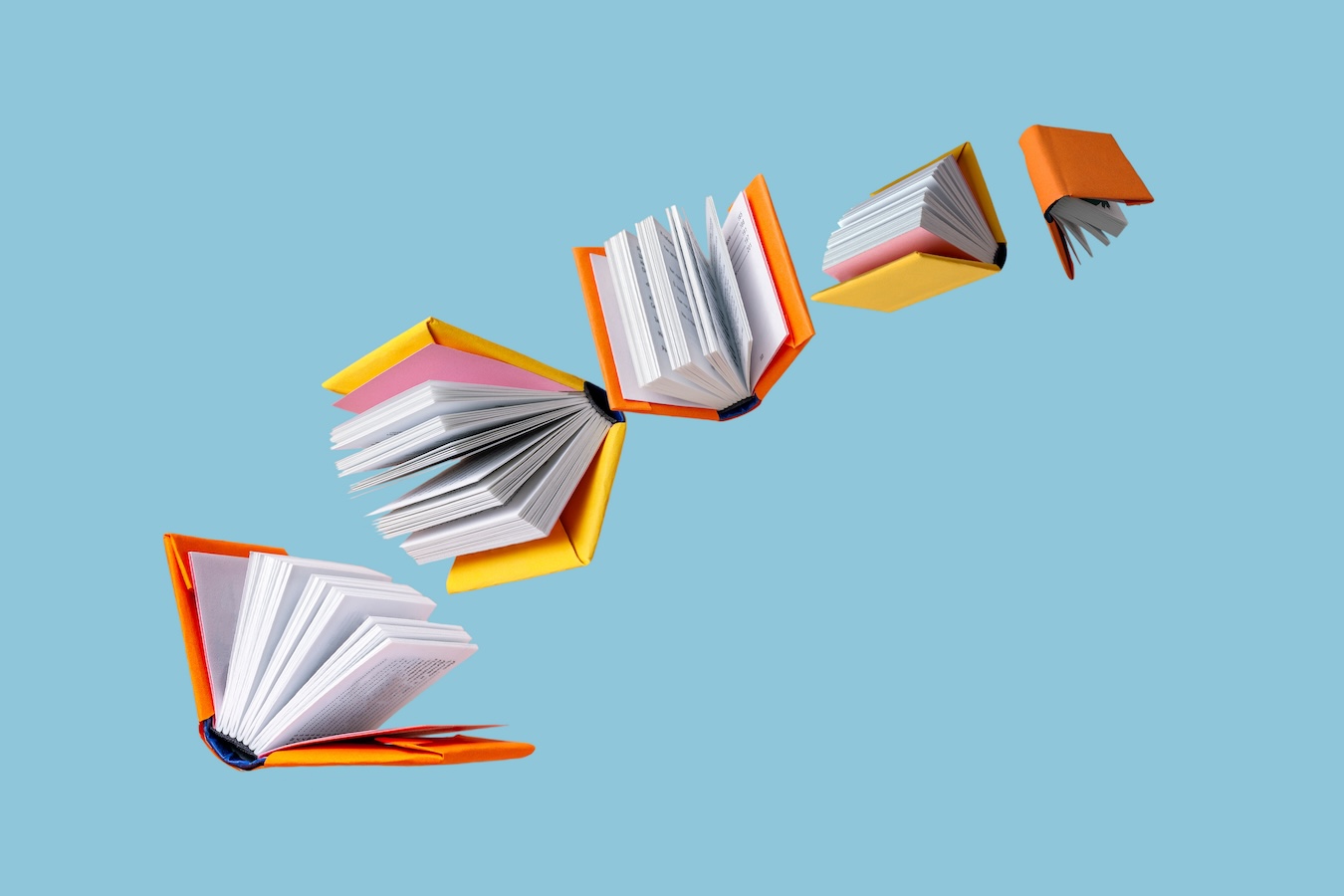How Engaging with Great Literature Fuels Your Creativity
By Ken Scudder
February 2025
By now, we’ve all heard the hoary, if painfully accurate, tautism “writers write.”
At once, both pandering and inspirational, these two words sum up our existence. We are writers because we write. We write because we are writers. If, for any period of time, we are not writing, then we cease to be writers.
But we do more than that, surely. We “write in our heads.” We network to find inspiration, joy, and, hopefully, our next assignments. We also deal with the other parts of our lives and jobs, like the 34,600 other things our bosses request, which must be done immediately while we figure out how to get the car inspected and get our flu shot.
One thing all of us should be doing, that is depressingly easy to overlook, is reading. Despite what “The Artists Way” told us in the 1990s, good writers are good readers. And while all of us no doubt absorb thousands of words a day through texts, social media and app alerts, we need to do “serious reading” every day to make ourselves the type of writers we want to be. This, of course, leads to some questions.
Why read?
First of all, reading good writing is fun. It can be moving. It can inspire you to act.
It can also inspire how you write. While you never want to read a well-written phrase or sentence and steal it without attribution (you are not ChatGPT after all), reading great writing can show your brain ways of putting words together you might not have contemplated before.
Over the holidays, I found myself reading “How the Grinch Stole Christmas” nightly to my sons. When describing the title character’s encounter with Cindy Lou, Dr. Seuss wrote, “’ Why, my sweet little tot,’ the fake Santy Claus lied.” Using “lied” in lieu of “said” and later pointing out what was said wasn’t true showcases a rare way of using verbs to describe speech in “real-time.” And it gives us another way to avoid writing “X said” for the 5,000th time.
Reading is also important just to keep up to date. Not only on current events, as difficult as that is in today’s cloud of reliable, semi-reliable and outright insane sources, but on current word usage and slang. While you might not put “rizz” in a press release, you might want to in a speech.
Last, reading allows you to find sources, and resources, for your own work. You should often come across a quote, statistic or story that you will want to keep for a future speech or white paper.
What to read?
As this is a PR publication, it is safe to assume that the vast majority of the writing being done by its readers is business-oriented. So, clearly, we should be reading business publications, PR journals and websites, major news outlets (especially those we might be pitching) and assorted blogs. But we should not limit ourselves to these.
Long-form journalism publications should be required reading for all would-be writers. Like all New Yorker subscribers, I have a stack of back issues that I swear I will get through. (Right now, I’m in early March of 2020 — have you heard about this COVID thing they’re talking about?). While many of the articles I’m pouring through are dated, there are still stories with timeless and universal appeal, the writing of which has found its way into my prose.
If you’re writing op-eds, then read op-eds. But not just the ones you agree with. Find those that are well written, but clearly 1,000% wrong. (The New York Times and Washington Post are great sources for these no matter which side of the aisle you are on.) Study how the writer uses facts and stories to affect you, even if you are not convinced. It’s like watching a great performance by a musician whose work you don’t like — you can appreciate their talent and drive even if the song makes you retch.
Also, read fiction. Your press release may never sound like Octavia E. Butler or John Cheever, but reading great writers can provide you with the inspiration I mentioned above.
I would avoid reading, for the sake of your writing, blogs or medium posts that do not have editors. Like a director can tell actors how they look on a stage, since they can’t see it themselves, editors can tell writers how their work is being received, and where to improve it. Seeing work that has had that type of aid will make you a better writer.
How to read
I am not suggesting you sit at a coffee shop with your book or magazine in your left hand, a notebook open on the table next to your skinny latte, and a pen in your right jotting down all the amazing things you come across in the article or chapter. However, if a particular sentence or story hits you, then you can take a quick picture or screenshot for a rainy day.
Anything you read will form an impression in your mind — no matter how irrelevant it may seem to your work or how pedestrian the verbiage. Let it. Your subconscious will take it from there.
Again, if something seems striking to you, then think for a minute or two about why it is striking, and how you can make your words stand out as much. Find other works by that author and see if they are just as effective in those, and if so, how.
Great works of journalism, fiction, nonfiction and poetry are being produced every day. Reading them, taking in their lessons, being inspired by their style and citing them when appropriate, will put any writer closer to creating their own great works.



